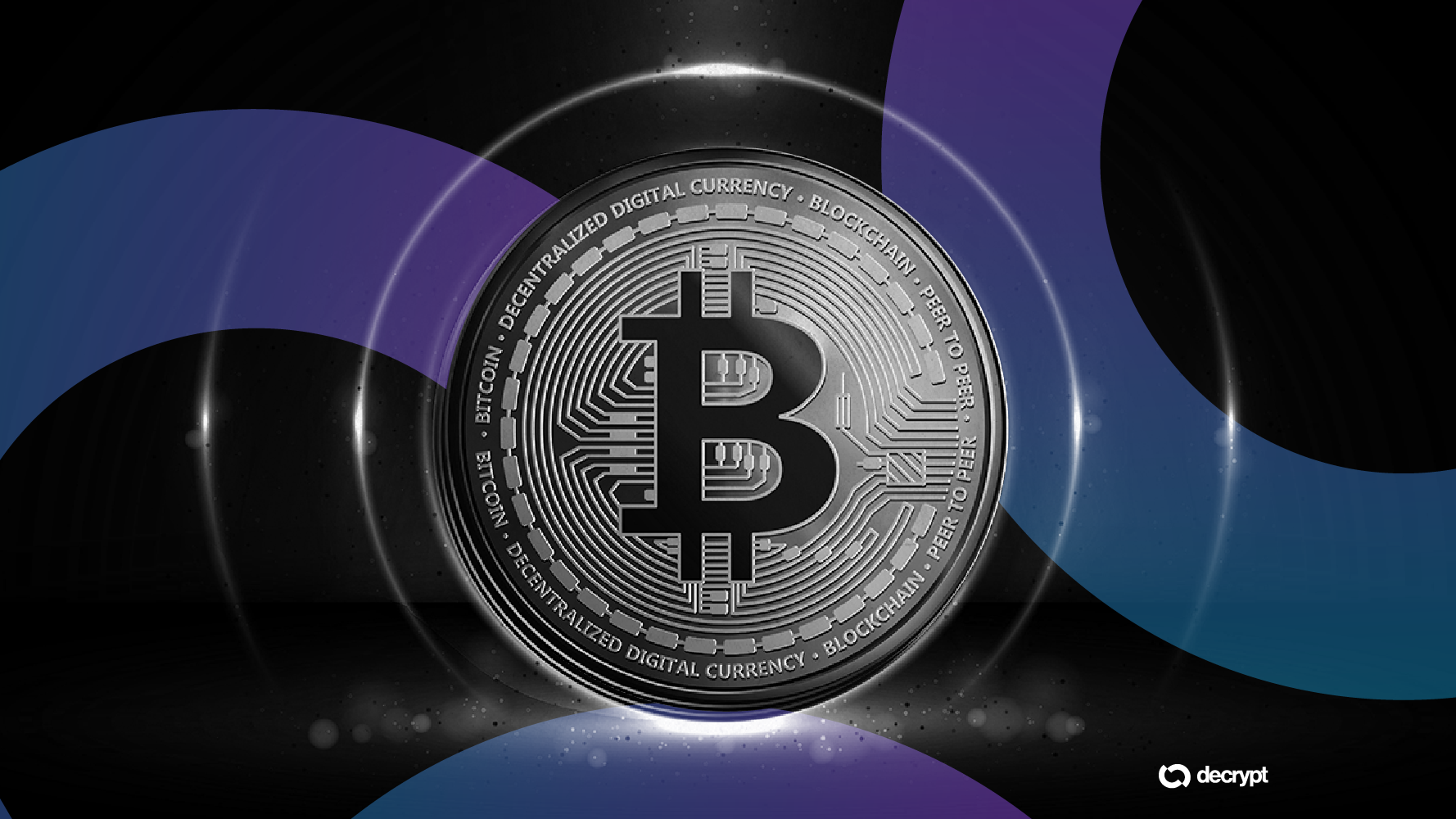Metaplanet Doubles Down: Bitcoin Treasury Balloons to 18,888 BTC in Bold Accumulation Move

Tokyo-listed Metaplanet just upped its Bitcoin ante—again. The firm’s latest purchase pushes its crypto war chest to a staggering 18,888 BTC, signaling relentless conviction in digital gold while traditional markets flounder.
Why it matters: In a world where corporate treasuries still cling to cash and bonds, Metaplanet’s aggressive BTC stacking reads like a middle finger to monetary orthodoxy. The number 18,888 isn’t just random—it’s a deliberate nod to Chinese numerology (prosperity, in case you missed the memo).
The subtext: While Wall Street debates ETFs and rate cuts, this Japanese firm is quietly executing a Bitcoin standard playbook. No press releases, no CNBC circus—just cold, accumulating wallets.
Bonus cynicism: Meanwhile, your pension fund still thinks ‘blockchain’ is an Excel feature.
Metaplanet’s Bitcoin treasury strategy
Metaplanet's transformation represents one of the most dramatic corporate pivots in recent history. Founded in 2010 as Red Planet Japan, the company operated a pan-Asian budget hotel chain, but the COVID-19 pandemic broke its business model, forcing property closures and resulting in six consecutive years of losses.
By early 2024, the company's stock languished around $1.32 (¥190), before its adoption of the corporate bitcoin acquisition playbook originated by Michael Saylor’s Strategy.
Yet the same dynamic isn't something peculiar to Japan, according to Hank Huang, CEO of Asia-focused quantitative trading firm Kronos Research.
“Metaplanet’s latest buy shows corporate Bitcoin treasuries growing globally, with firms increasingly using BTC as a strategic reserve.” Huang told Decrypt. “At this scale, near-term liquidity could tighten, adding short-term volatility, while also serving as a hedge against fiat currencies. “
Rewards and risks
Huang noted that the primary risk to Metaplanet’s ambitions is volatility, with equity dilution as a secondary factor.
“The biggest risk for corporate Bitcoin treasuries is price volatility, with sharp BTC drops straining balance sheets and confidence,” Huang explained. “Equity dilution is a secondary concern if share-funded purchases don’t see bullish moves in both BTC and stock.”
Equity dilution happens when a company issues new shares, reducing each holder’s stake and weighing on the stock. Despite it, Metaplanet continuously amassed Bitcoin for its balance sheet, announcing plans for a $3.7 billion stock raise earlier this month to buy more.
For other Asian companies, the rules may not be the same.
“It’s hard for all Asian companies to copy Metaplanet’s Bitcoin buying. Asia’s rules vary, and companies face different challenges. No one can easily follow this move,” Jay Jo, senior analyst at Asian quantitative trading firm Tiger Research, told Decrypt.
At Metaplanet’s scale, steady buying can briefly add liquidity, but persistent bids may drain supply and amplify price swings, Jo explained.
“A company’s stock may track Bitcoin closely and often moves more wildly. For example, Strategy's Beta is 3.78, while Bitcoin's is normally about 1.5 to 2,” he said.
Too much reliance on Bitcoin price “without steady cash flow” may cause “sudden cash crunches,” Jo said, adding that such factors “puts heavy stress on a company’s financial health.”

